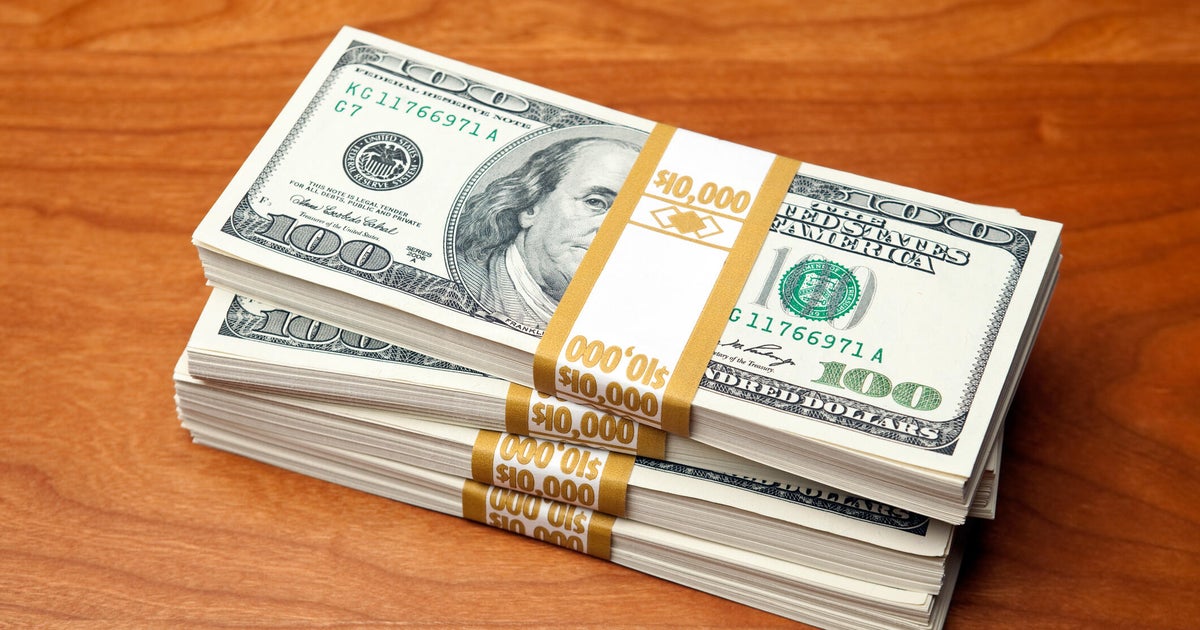Why you should open a long-term CD this August
Certificate of deposit (CD) accounts have been a smart and effective way for savers to offset the negative effects of inflation in recent years. While inflation surged and borrowing costs rose with it, savers could take advantage of high interest rates on CDs and similar products, like high-yield savings accounts.
However, inflation has cooled significantly (it dropped in April, May and June) and a cut to the federal funds rate appears imminent for September, possibly by as much as a half percentage point. But CD rates don't necessarily need to fall when the Fed officially cuts interest rates. Lenders may start lowering their offers in anticipation of that move. So the time is running out to take advantage of today's attractive CD returns. And one of the best ways to do so is by pursuing a long-term CD, specifically. Below, we'll break down why.
Start by seeing how much interest you could earn with a top long-term CD here.
Why you should open a long-term CD this August
Is a short-term or long-term CD best right now? Here are three big reasons why the long-term option is better to pursue this month:
Rates on long-term CDs are high right now
You can secure a rate of around 5.75% on a 3-year CD right now and slightly lower on a 2-year version. And if that's too long of a financial commitment to make right now, 18-month CDs come with rates in the high 4% to low 5% range, resulting in significant earnings on a moderate deposit of $5,000.
Depending on how much you're willing to deposit, and the rate and term (or length) of your CD, you can strategically position yourself to earn hundreds and potentially thousands of dollars with the right long-term CD rate now. But you'll need to be proactive because these rates could soon fall, perhaps by a significant margin.
Get started with a top long-term CD online today.
Rates will be locked
Besides the high interest rate, perhaps the most attractive feature of a CD is the locked nature those rates come with. That is, the interest rate you open the account with will remain the same until the account has matured. That's a major benefit right now as interest rates start to decline.
But by locking in a high rate with a long-term CD, savers will be protected against that volatility. This locked nature also allows savers to precisely determine what they will make after their CD term, a feature that's not available with similar sorts of savings accounts.
Returns on alternatives will soon fall
The locked rates CDs come with is a distinct advantage when compared to alternatives in today's changing rate climate. High-yield savings accounts, for example, also have high rates now, but those rates are variable and can (and likely will) easily drop when the federal funds rate does.
The same is true for money market accounts and even high-yield checking accounts. All three come with high rates today and all three will see those rates fall in the weeks and months to come. CDs won't have this issue, though, and today's high rates could produce significant returns for years to come, depending on the term the saver chooses.
The bottom line
Savers looking to exploit today's high-rate climate before it's significantly adjusted downward should be aggressive and pursue a long-term CD account this August. Rates on these accounts are both high and locked, allowing for predictable returns for as long as the CD is active. And with rates on popular alternatives variable and likely to start declining in the weeks ahead, a long-term CD becomes the clear choice for those who want to earn a high return now – and keep it as interest rates fall and the economic climate evolves.
Have more questions? Learn more about your long-term CD options today.




